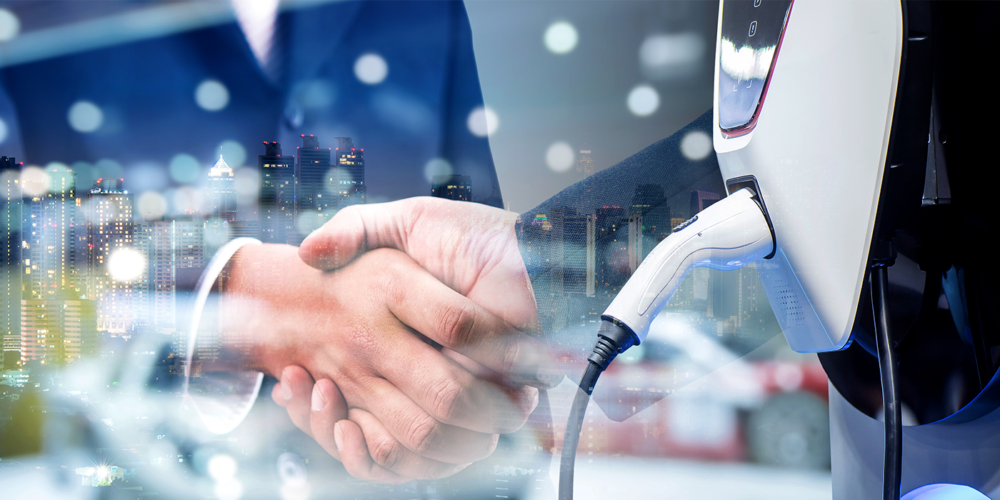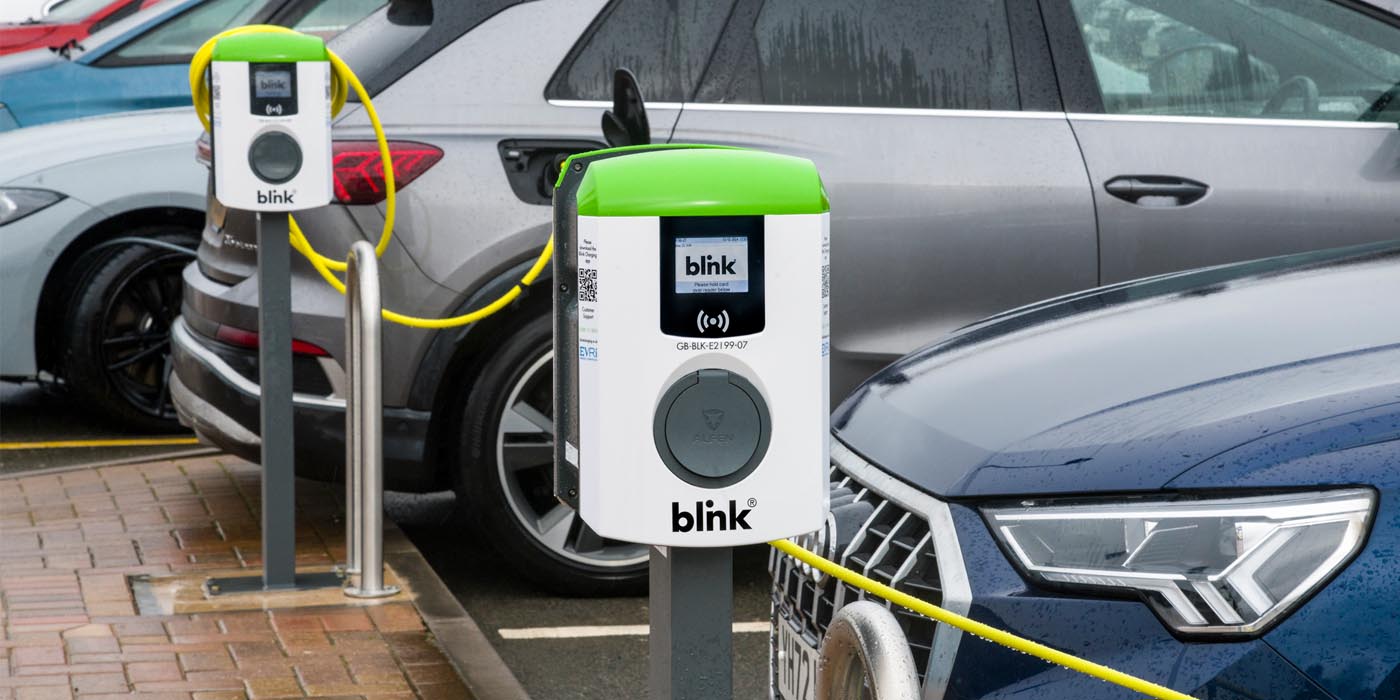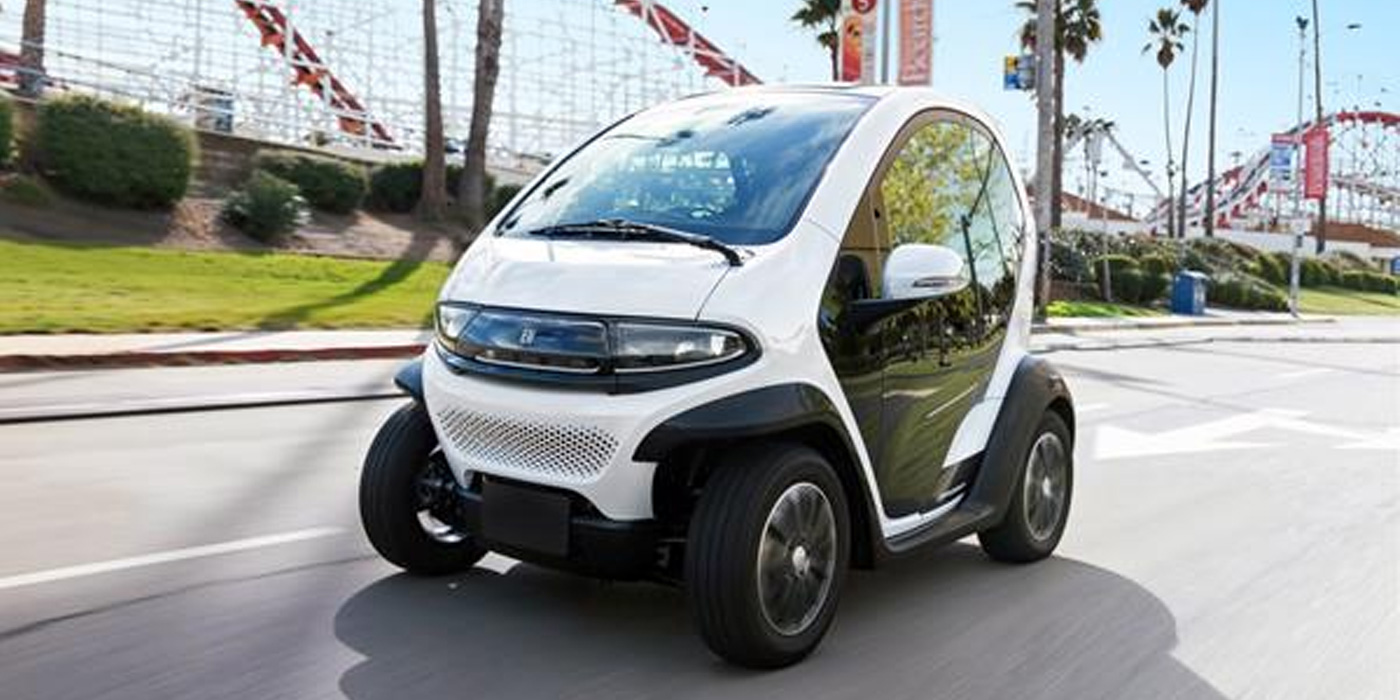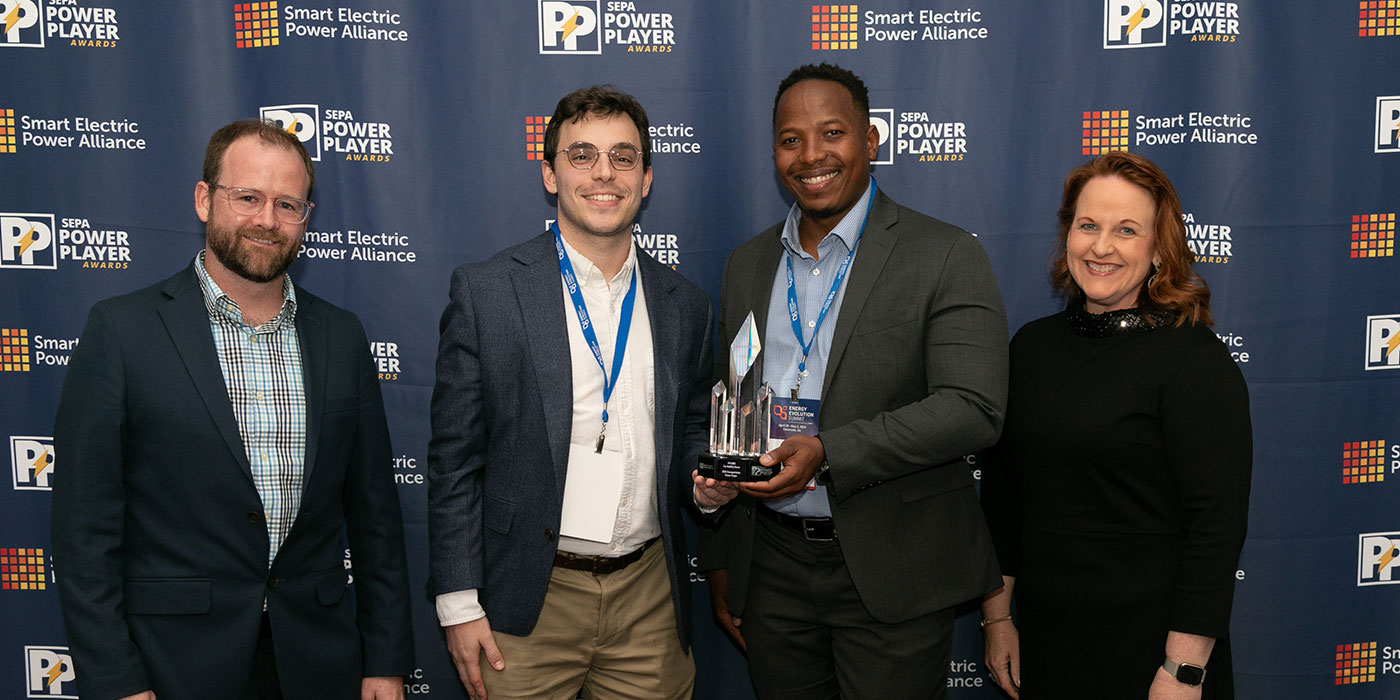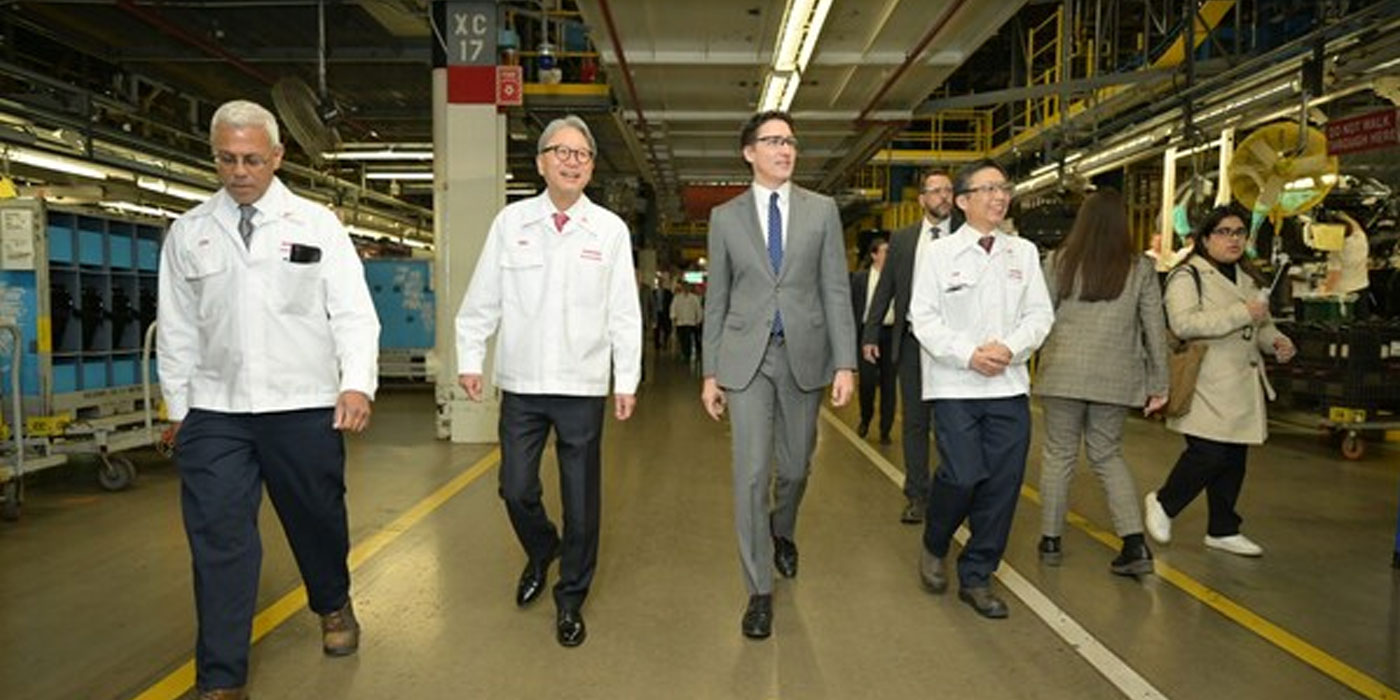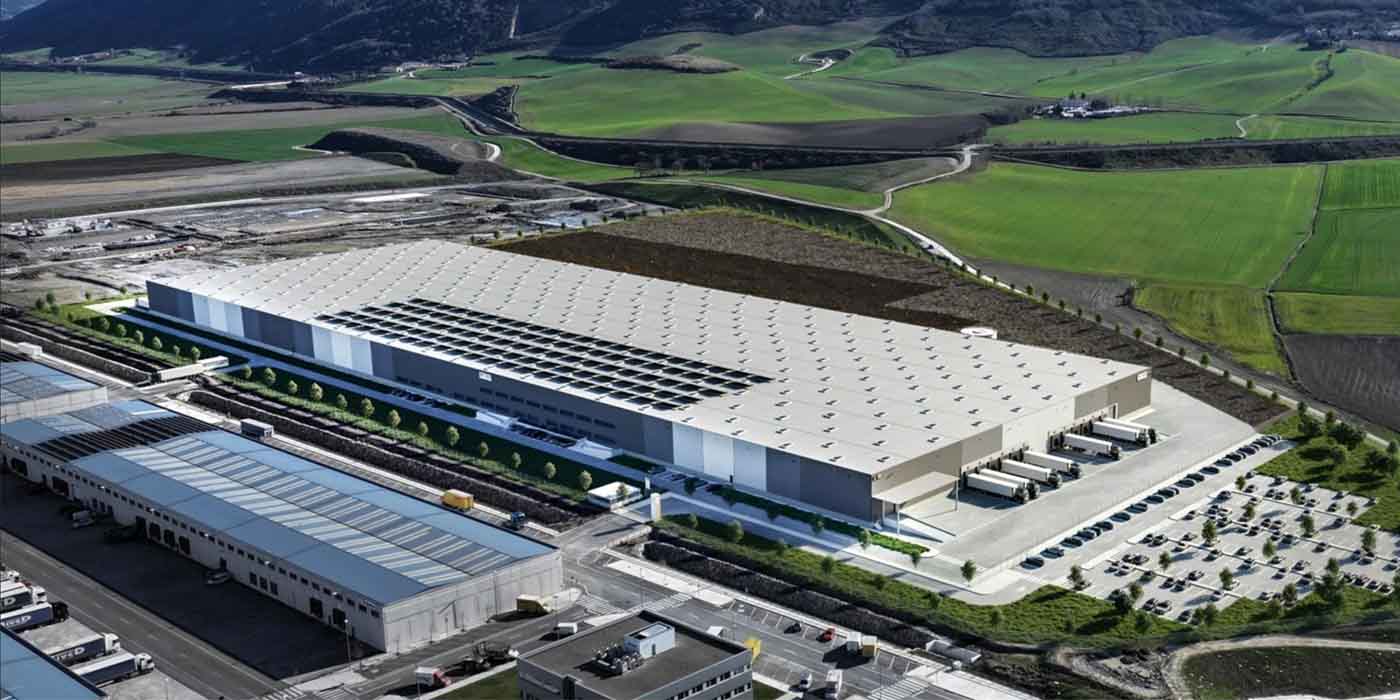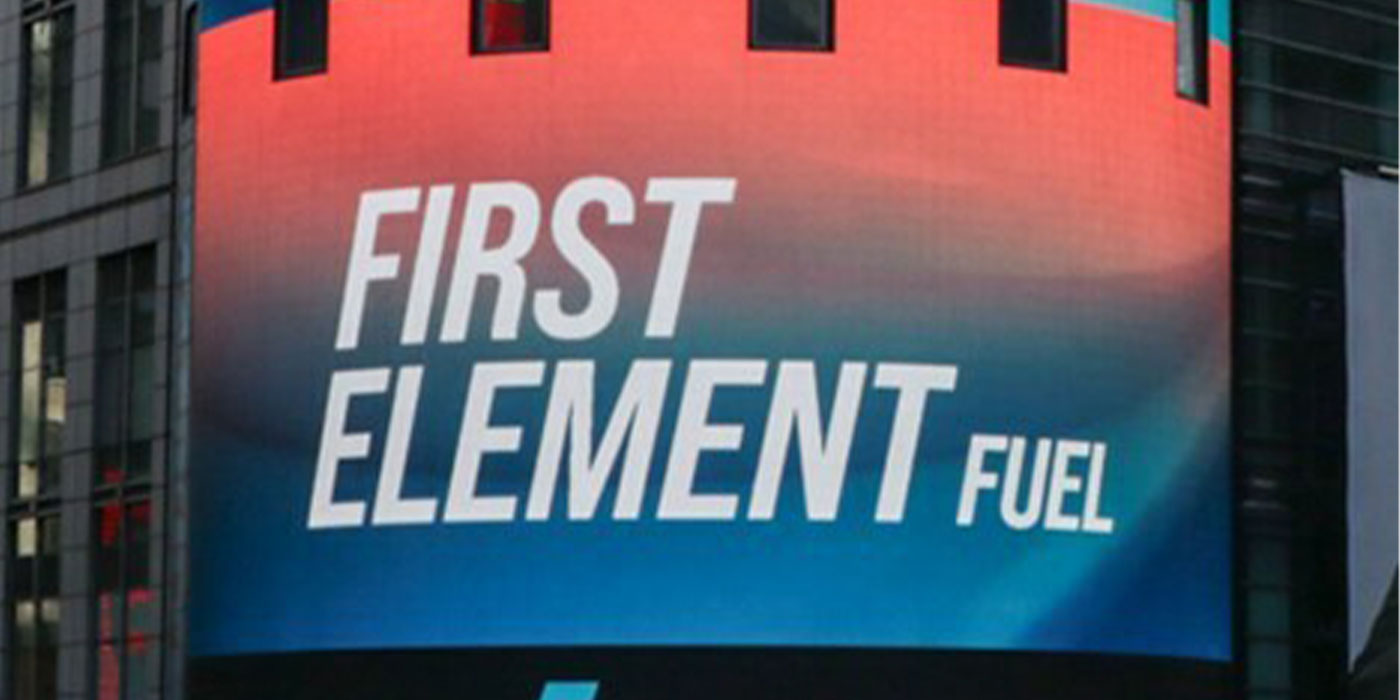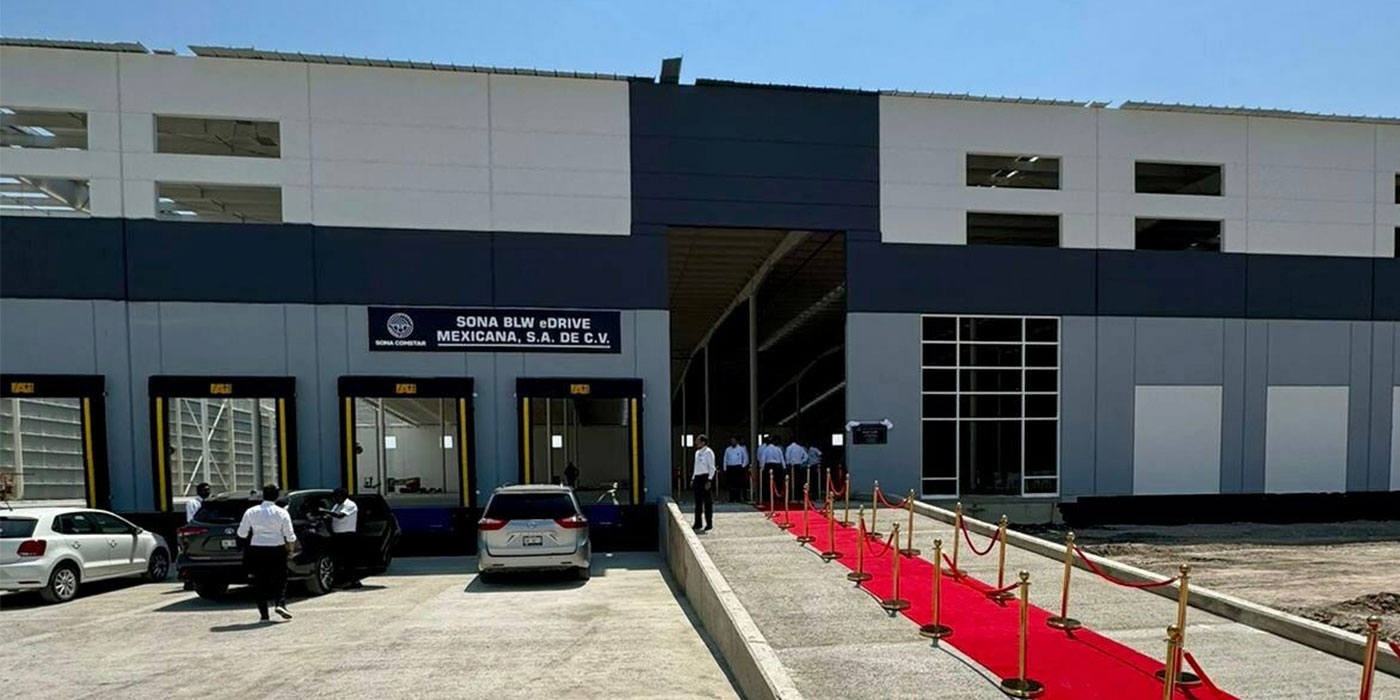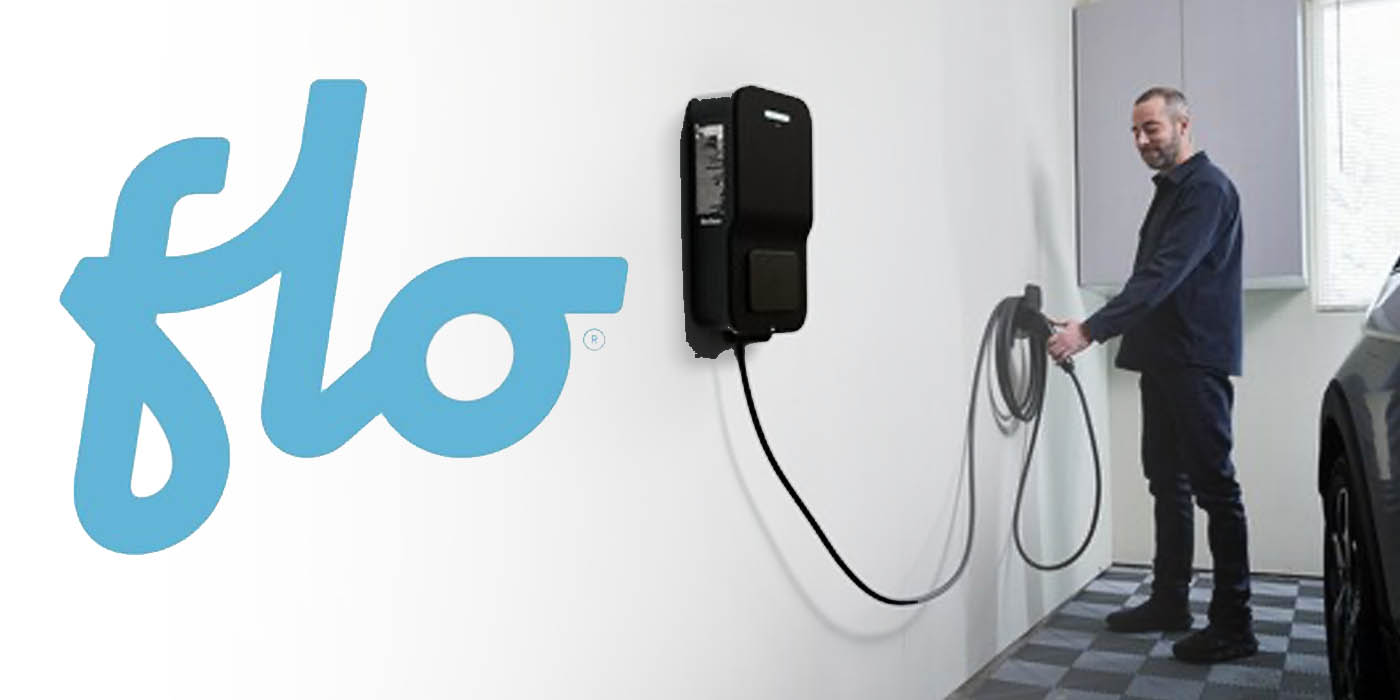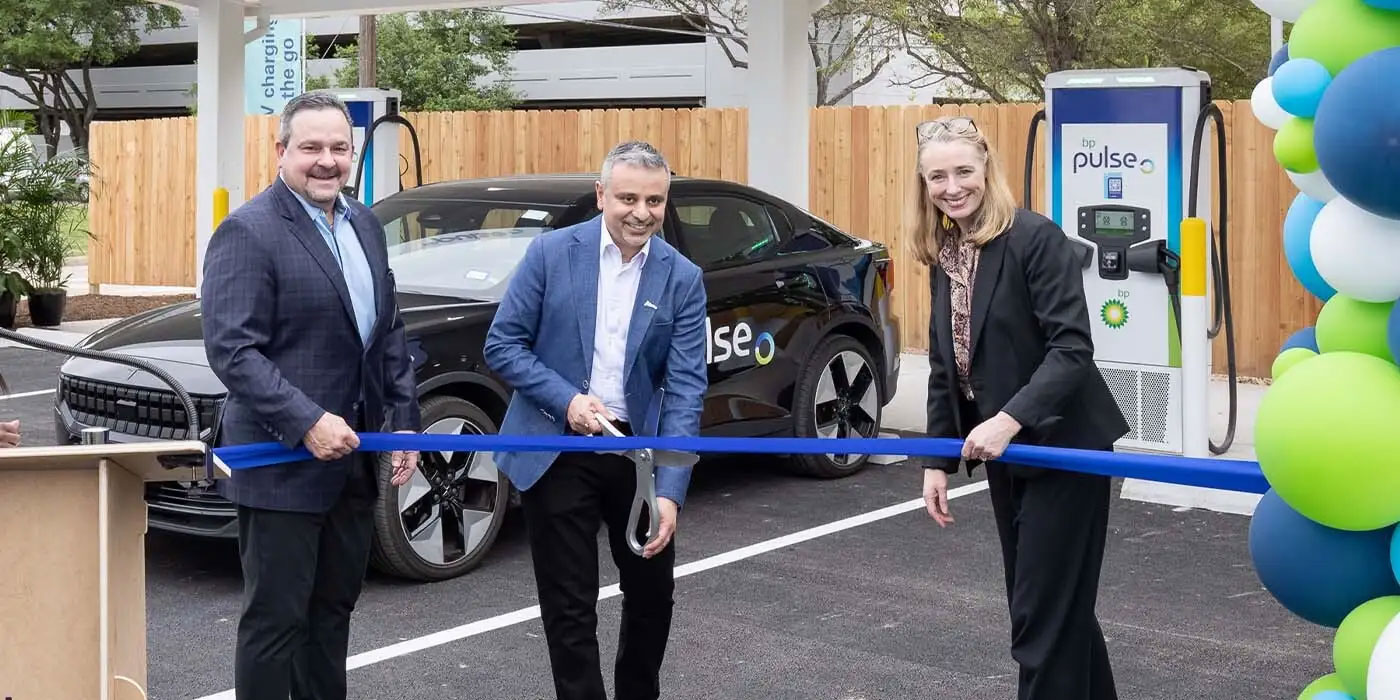EV Intenders, consumers who are more than 15 times more likely to purchase a battery electric vehicle (BEV) than the average new-car buyer, are more likely to consider purchasing a BEV when the automaker has a partnership with a charging or technology brand, according to Escalent’s latest EVForward study findings. These types of partnerships provide automakers with the opportunity to attract new customers and improve on core BEV attributes, Escalent said.
The study found that BEV purchase consideration would increase by an average of 29% if a preferred automaker partnered with one of the top five public charging brands, and 22% if it partnered with one of the top five technology brands.
These are the latest findings of the 2023 Brand DeepDive report from EVForward, a large, comprehensive study of the next generation of electric vehicle buyers. The research program was developed in 2019 by Escalent, a data analytics and advisory firm with experience counseling global automotive companies. The EVForward Brand DeepDive explores the next generation of EV buyers’ perceptions of auto, charge network and tech brands and how those perceptions interact.
Public Charging Brands
The study found that more than half of new-car buyers (54%) do not have a preferred charge point operator (CPO). Of those who have a preference, 29% of new-car buyers prefer Tesla and only a small proportion prefer charging brands such as ChargePoint (4%) and Electrify America (3%), among others. Nearly three in four new-car buyers would be very or somewhat likely to use a CPO that is the preferred partner of their primary vehicle brand.
“With charging being a key concern for consumers, if an OEM were to partner with a charging network, many of those concerns may dwindle and result in an improved charging experience,” said K.C. Boyce, automotive, mobility and energy vice president at Escalent. “A partnership could take the form of custom charging programs or membership privileges and discounts. OEMs have an advantageous negotiating position with CPOs, since partnering with an OEM would likely result in a broad boost to that CPO’s brand strength and customer recognition.”
Technology Brands
Nearly all technology brands achieve universal familiarity among new-car buyers, with brands such as Amazon, Apple, Facebook, Google, Microsoft, Samsung, Sony and Uber achieving nearly 100% recognition. However, most tech brands achieve little association with BEVs, with only 11% of new-car buyers on average associating any one of the tech brands tested with BEVs.
EV intenders are more likely to think that Apple (56%), Google (50%), Microsoft (49%), Intel (47%), Samsung (39%) and Sony (28%) would be good partners for an existing automaker in the design of a future BEV, which is encouraging for existing OEM partnerships such as Google-Polestar, Google-Volvo and Sony-Honda.
“Automakers should consider these types of partnerships to attract new customers and improve perceptions of core BEV attributes around innovation and technology,” said Nikki Stern, senior insights manager on Escalent’s Automotive & Mobility team. “Most technology brand partnerships increased BEV purchase consideration among new-car buyers; however, brands like Facebook and Uber negatively impacted purchase consideration. When deciding which technology company to partner with, automakers need to carefully consider consumer sentiment before locking in a deal that has the potential to stifle sales.”
Brand Dynamics
Tesla is competition for both mainstream and luxury brands, with the Tesla brand having the strongest awareness of its BEV offerings out of all 52 automakers tested. Tesla is the number one brand that luxury owners would consider purchasing a BEV from, and the number two brand from which mainstream owners would consider purchasing a BEV.
Mainstream EV Intender Top Five BEV Brand Consideration
- Toyota (55%)
- Tesla (50%)
- Honda (44%)
- Ford (41%)
- Chevrolet (32%)
Luxury EV Intender Top Five BEV Brand Consideration
- Tesla (56%)
- Mercedes-Benz (47%)
- Audi (44%)
- BMW (43%)
- Lexus (43%)
“OEMs previously included Tesla as an anomaly that was outside of their competitive set, but now legacy OEMs need to consider the Tesla brand carefully as legacy OEMs develop new EV products,” added Stern. “With cities, regions and companies making goals to go all in on BEVs in the coming years, it’s a race among automakers to see who can win the largest share of the market with EV adopters.”

